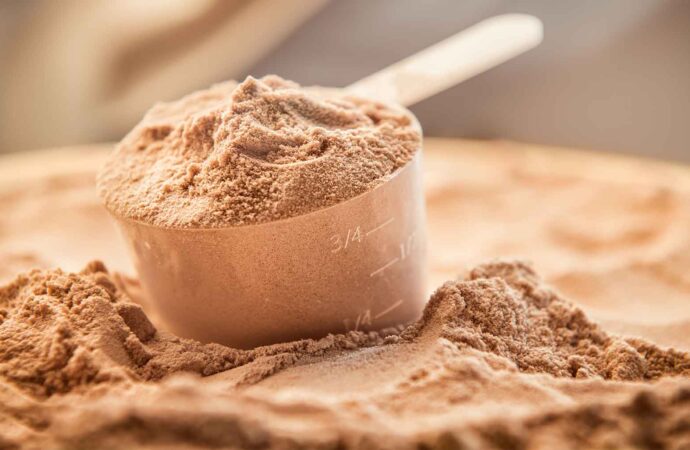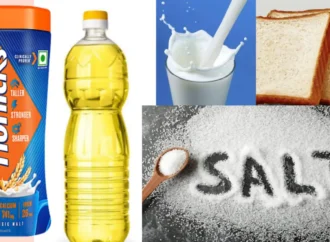Report
The Clean Label Project, a nonprofit focused on transparent food labelling and food safety, conducted a recent study that exposed high levels of harmful contaminants in over-the-counter protein powders sold in the USA. The report evaluated 160 products from 70 leading brands, covering 83% of the market.
Heavy Metals in Protein Powders
The report found significant concentrations of heavy metals like arsenic, cadmium, lead, and mercury in protein powders, which are linked to various health issues. These metals accumulate in the air, water, and soil, eventually entering the food chain. Natural processes like volcanic eruptions and soil erosion contribute to their presence, while human activities such as mining, industrial processes, and farming increase their levels, raising the risk of exposure to food.
Organic Products Show Higher Contamination
The study highlighted that organic protein powders generally contained higher contamination levels than non-organic products. Organic powders had three times the lead and twice the cadmium compared to their non-organic counterparts. The report suggested that the contamination likely came from the soil where ingredients are cultivated. Plant-derived protein powders showed significantly higher contamination levels than whey-based options. These plant-based powders contained three times the lead and five times the cadmium found in whey protein powders. Flavor variations also influenced contamination levels. Chocolate-flavoured protein powders had four times the lead and 110 times the cadmium compared to vanilla-flavoured varieties. “Our research continues to identify chocolate as a high-risk component,” the report stated.
Sources of Contamination: Soil and Packaging
The report identified two main sources of contaminants in protein powders: the soil where ingredients grow and the packaging used for these products. Heavy metals from the soil naturally infiltrate plant-based ingredients, contributing to higher contamination levels in plant-derived powders.
Conclusion
According to the report, protein powders with the lowest lead levels are whey or collagen-based powders that do not contain chocolate flavour. These options are the safest for consumers looking to minimize their exposure to heavy metals.
Source: NDTV
 Food Manifest
Food Manifest 


















